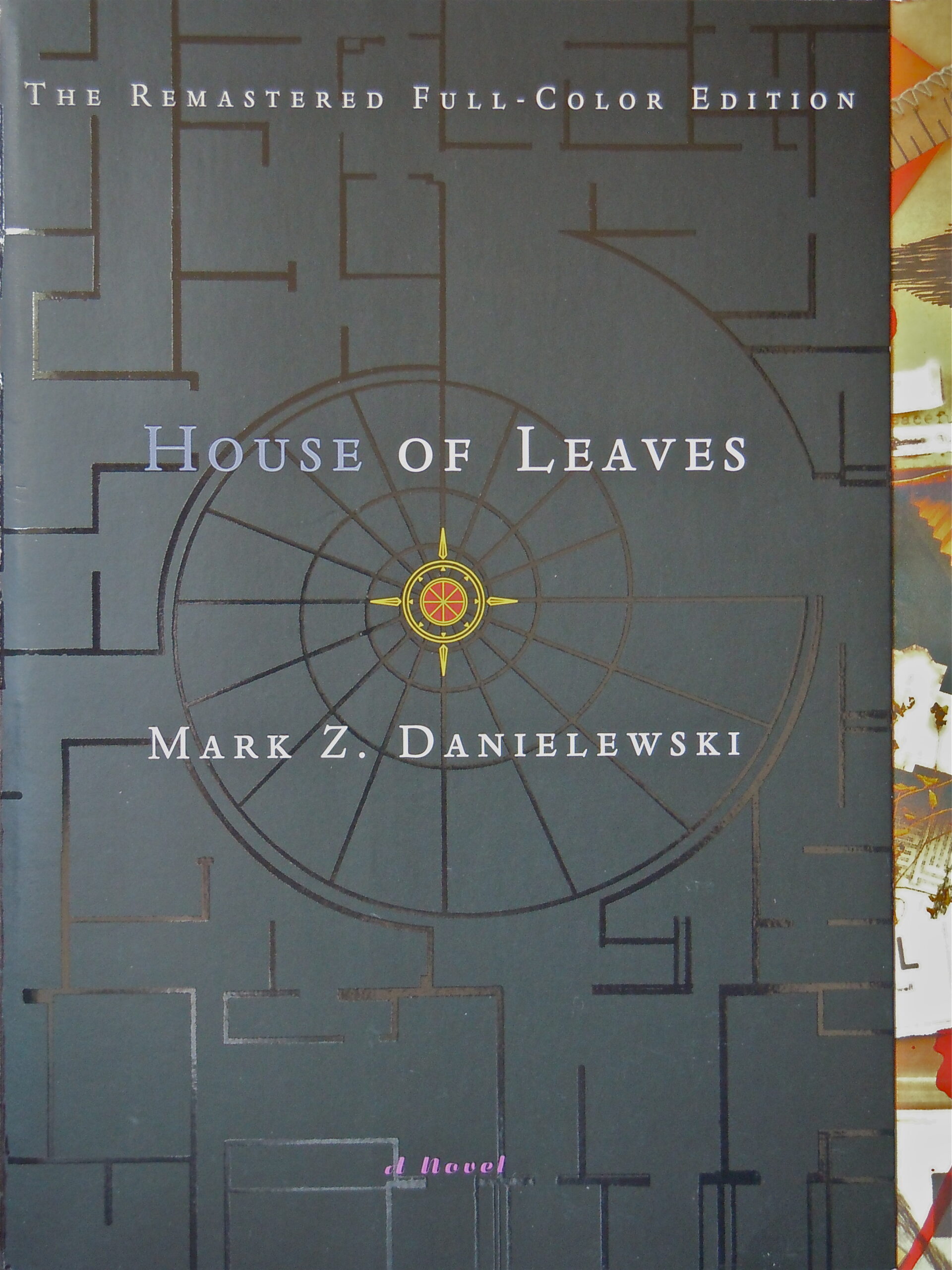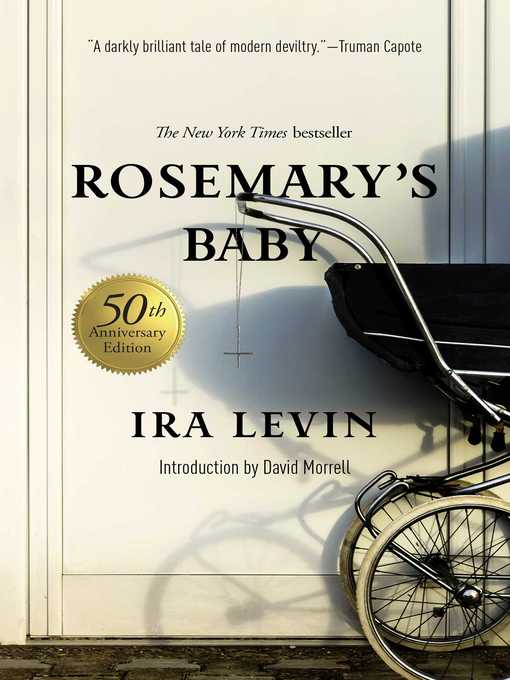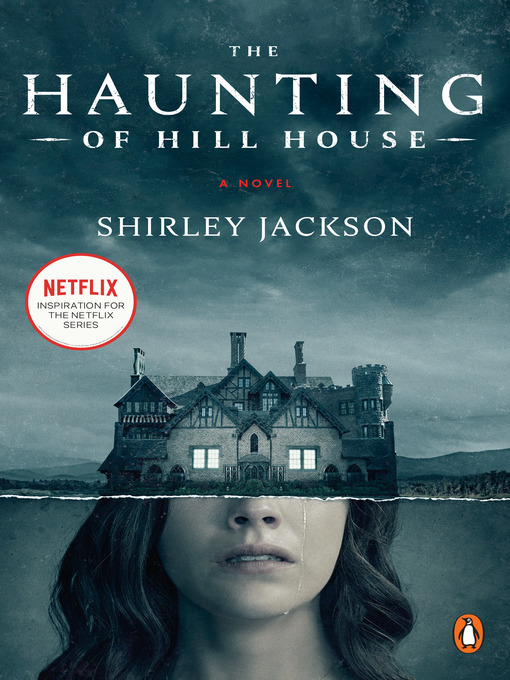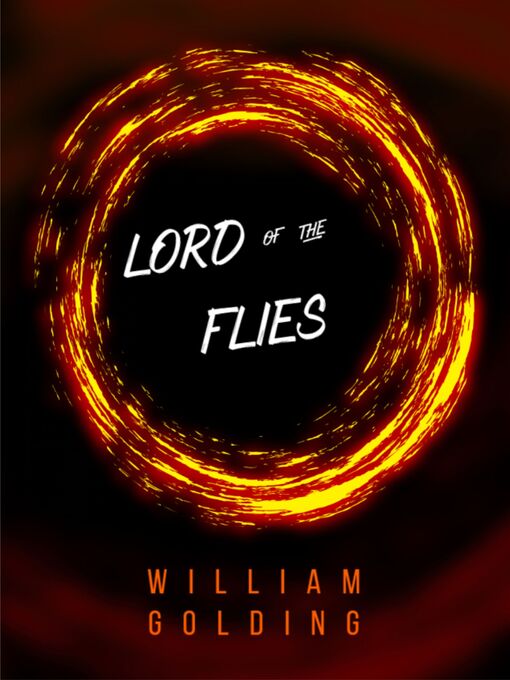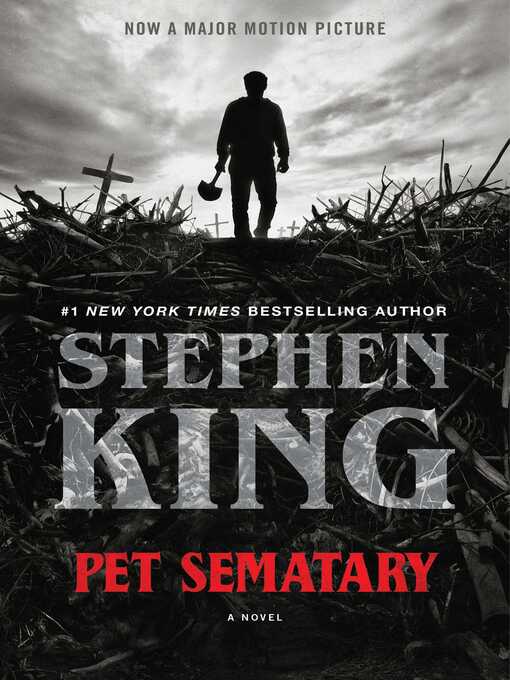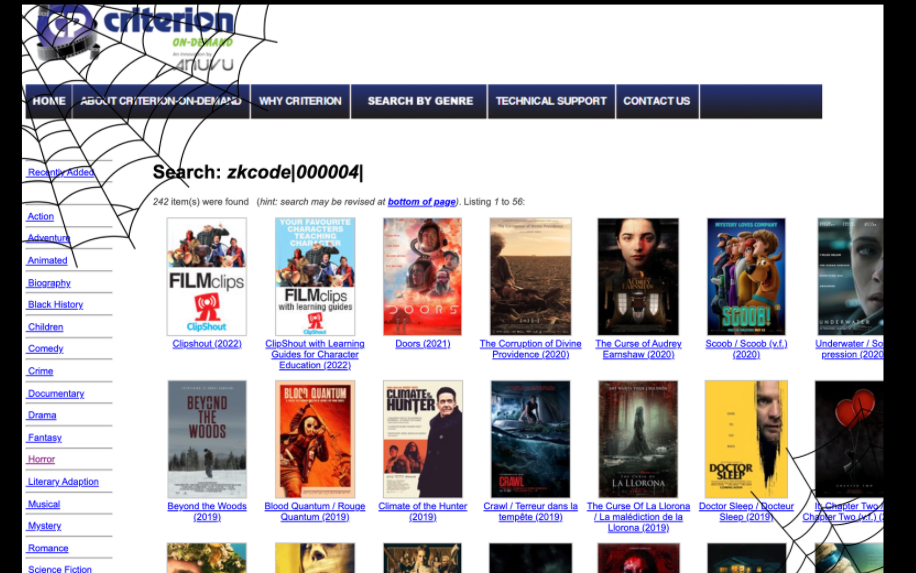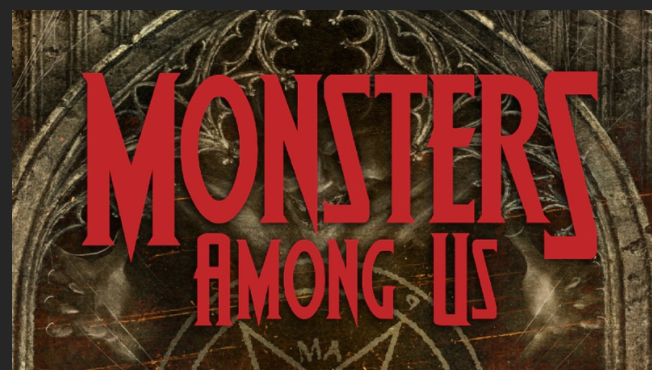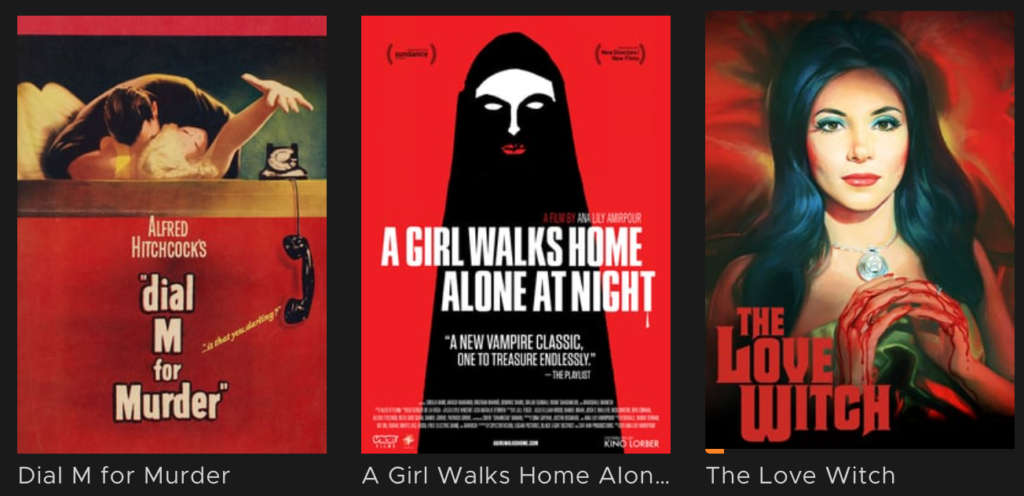It is the time of the year when you feel like all you’re doing is reading. And yet it’s not really all that you wish to be reading? How about picking up a book for some leisure reading time? But are you confused about what to pick?
Well, look no further! The Humanities and Social Studies Library has put on display some of the top students’ picks to help you sync in with the crowd. Dedicated to bringing students a break between midterms and finals, our November display is curated from the recommendations of McGill students from all genres and book lengths. Basically, it’s got something for everyone!
For the ones you may not find on display, here are some of our ebook titles:
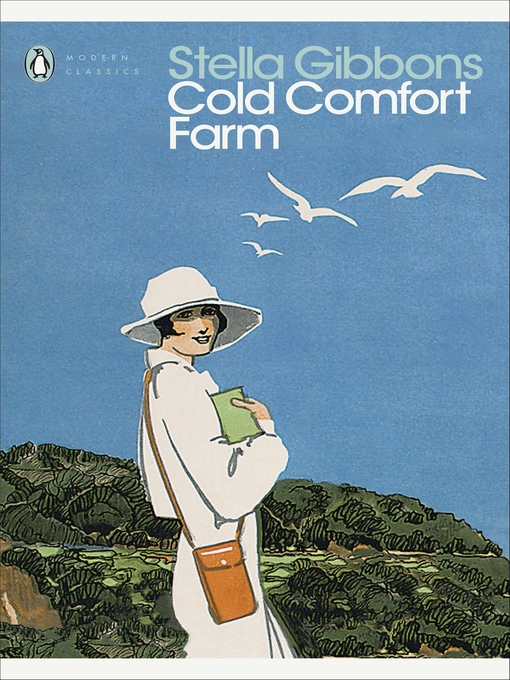
Cold Comfort Farm by Stella Gibbons
A hilarious parody of D.H. Lawrence’s and Thomas Hardy’s earthy, melodramatic novels, the deliriously entertaining “Cold Comfort Farm” is “very probably the funniest book ever written” (The Sunday Times.).
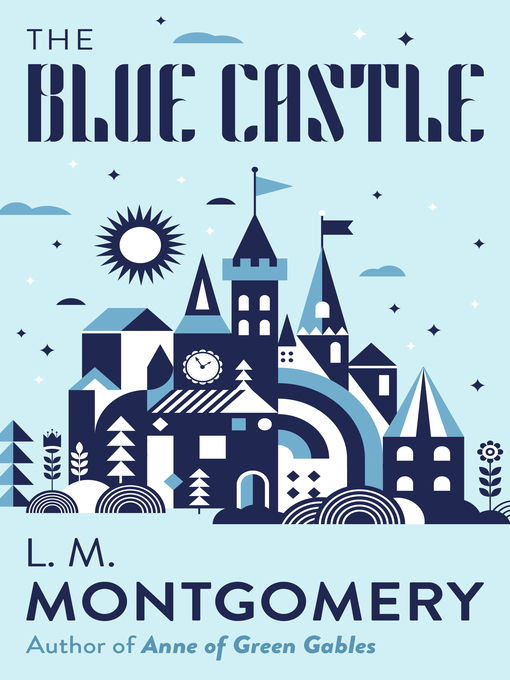
The Blue Castle by L.M. Montgomery
Though her family thinks she has gone mad, Valancy embarks on an adventure of discovery. Her newfound independence leads her to a world where anything is possible—even love. But is her new life just another illusion, or has she truly found the Blue Castle of her dreams?

Kitchen confidential: adventures in the culinary underbelly by Anthony Bourdain
A New York City chef who is also a novelist recounts his experiences in the restaurant business and exposes abuses of power, sexual promiscuity, drug use, and other secrets of life behind kitchen doors.
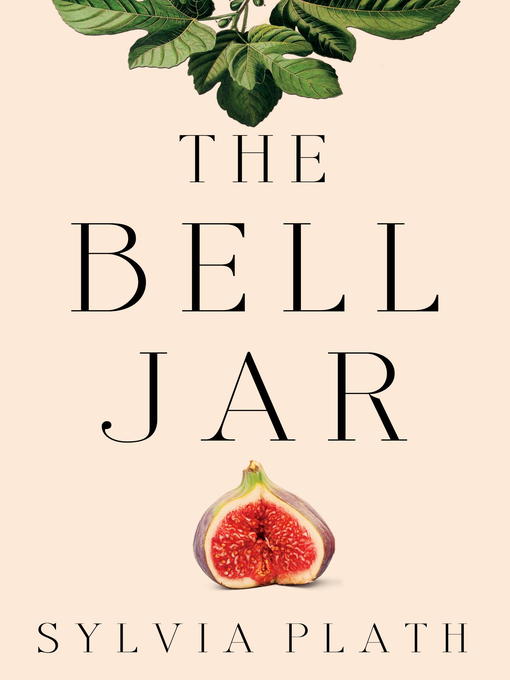
The Bell Jar by Sylvia Plath
Based on Plath’s own struggles, it chronicles a young woman’s descent into depression and eventually into suicidal behaviour, coupled with her quest to discover herself at a time when self-discovery, for a woman, meant navigating traditional models of social propriety on one side and new ideas of freedom and self-determination on the other. It is widely cited as one of the 20th century’s greatest novels.
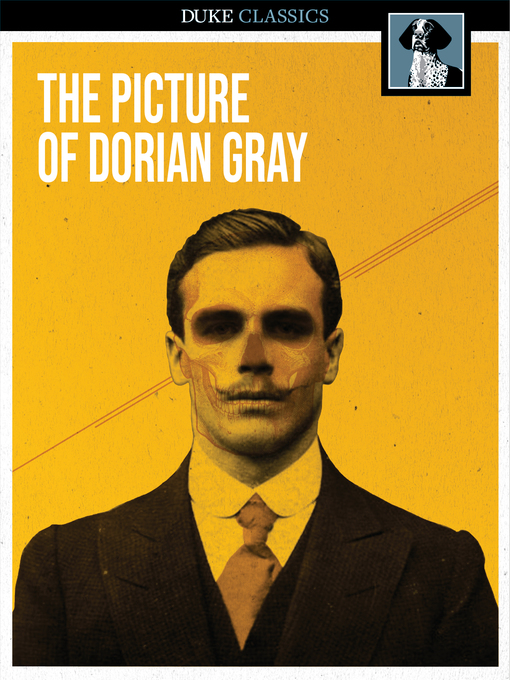
The Picture of Dorian Gray by Oscar Wilde
The novel that scandalized Victorian England In a London studio, two men contemplate the portrait of another–younger and more beautiful–man.
space
- Becoming Yellow: A Short History of Racial Thinking
- Brave New World: With the Essay “Brave new world revisited”
- Le Jouer Et Les Nuits Blanches
- Wuthering Heights
- To Kill A Mockingbird
Well, that’s all we have here, but go check out the display to see if your favourite book is there too!
You can find a full list of the books on display here.
For more information, contact us at hssl.library@mcgill.ca.

